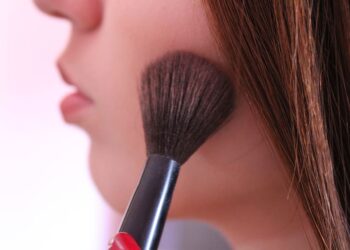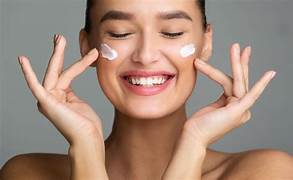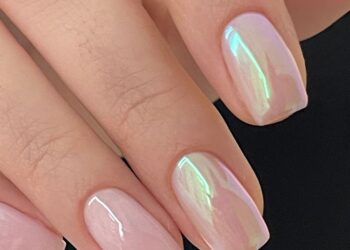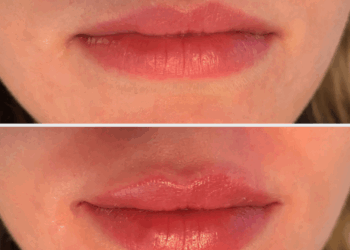The beauty industry is in the midst of a radical transformation, driven by an explosion of technological innovation. From smart skincare devices to AI-powered personalized recommendations, technology is no longer just a trend; it’s a fundamental force reshaping how we discover, purchase, and use beauty products. This deep dive explores the most groundbreaking advancements in beauty tech, the science behind them, and how they are creating a more personalized, effective, and sustainable future for beauty enthusiasts everywhere.
The Rise of Personalized Skincare
For decades, the beauty industry operated on a one-size-fits-all model. Today, thanks to technology, that model is obsolete. Consumers are demanding products tailored to their unique skin type, concerns, and even their environment.
A. AI-Powered Skin Analysis: The journey to personalized beauty often begins with a virtual consultation. AI-powered apps and devices use your smartphone camera to analyze your skin, identifying issues like redness, fine lines, or hyperpigmentation. By using algorithms that have been trained on thousands of data points, these tools provide an objective, real-time assessment of your skin’s condition. This data is then used to recommend a precise, custom-formulated product or a personalized routine.
B. Custom-Formulated Products: Companies are leveraging this data to create products on demand. Brands like Proven Skincare use a detailed quiz to gather information about your lifestyle, diet, and location’s climate. An AI system then formulates a unique set of products, from cleansers to moisturizers, that are blended in-house and delivered to your doorstep. This level of customization ensures that every ingredient is working in harmony with your specific skin needs, minimizing trial-and-error and maximizing results.
C. DNA-Based Skincare: Taking personalization to the next level, some beauty tech companies are now offering DNA testing. By analyzing specific genes related to collagen production, antioxidant levels, and sensitivity, they can predict how your skin will age and what ingredients will be most effective for you. This allows for a proactive approach to skincare, addressing potential issues long before they become visible. While still a niche market, this represents the ultimate in bespoke beauty.
At-Home Devices: The Mini-Clinic Experience
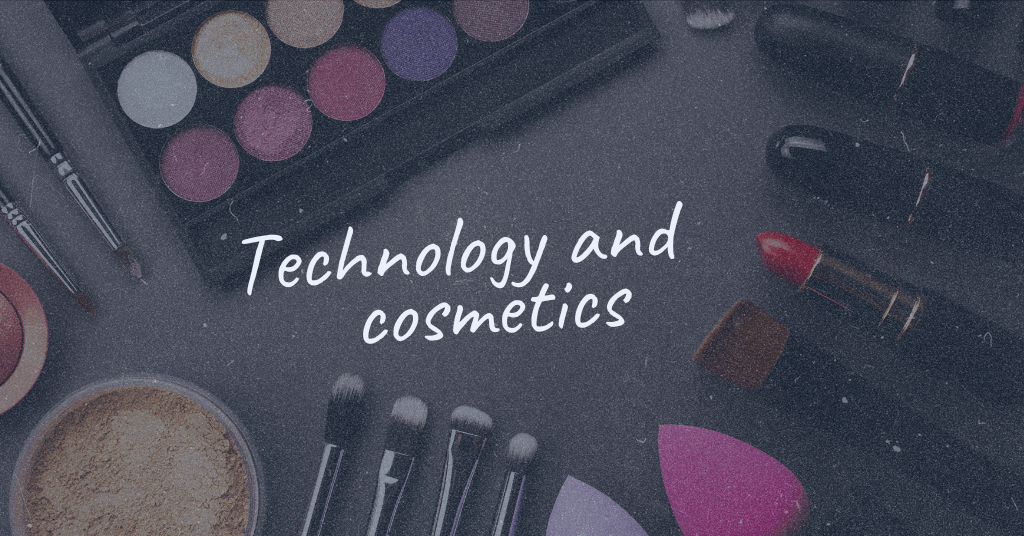
The era of in-office-only treatments is fading. A new generation of sophisticated, at-home devices brings clinic-level technology directly to the consumer, offering convenience, cost savings, and remarkable results.
A. LED Light Therapy Masks: Originally developed by NASA for plant growth experiments in space, LED (Light Emitting Diode) technology is now a cornerstone of at-home beauty. Different light colors target specific concerns:
- Red Light: Penetrates deep into the skin to stimulate collagen and elastin production, reducing fine lines and wrinkles.
- Blue Light: Targets and eliminates acne-causing bacteria, making it effective for treating breakouts.
- Amber Light: Helps to reduce inflammation and redness, calming sensitive skin. These masks are a non-invasive way to improve skin texture and tone.
B. Microcurrent Devices: Often called a “non-surgical facelift,” microcurrent devices deliver a low-level electrical current that mimics the body’s natural electrical signals. This technology works by toning and strengthening the facial muscles, lifting and sculpting the face, and improving product penetration. Consistent use can lead to improved facial contour and a more firmed appearance.
C. At-Home Laser and IPL (Intense Pulsed Light) Tools: Once exclusive to dermatologists’ offices, these devices are now available for home use for hair removal and skin rejuvenation. IPL uses a broad spectrum of light to target specific chromophores in the skin, such as melanin (for hair removal and dark spots) and hemoglobin (for redness). Lasers, which use a single, focused wavelength of light, are used for more targeted treatments like wrinkle reduction or scar improvement.
D. Microneedling Pens: This technology uses tiny, sterile needles to create controlled micro-injuries in the skin. These micro-channels trigger the skin’s natural healing process, stimulating a significant increase in collagen and elastin production. It’s highly effective for treating scars, fine lines, and large pores, and it also dramatically enhances the absorption of skincare serums.
Virtual Reality and Augmented Reality: The New Shopping Experience
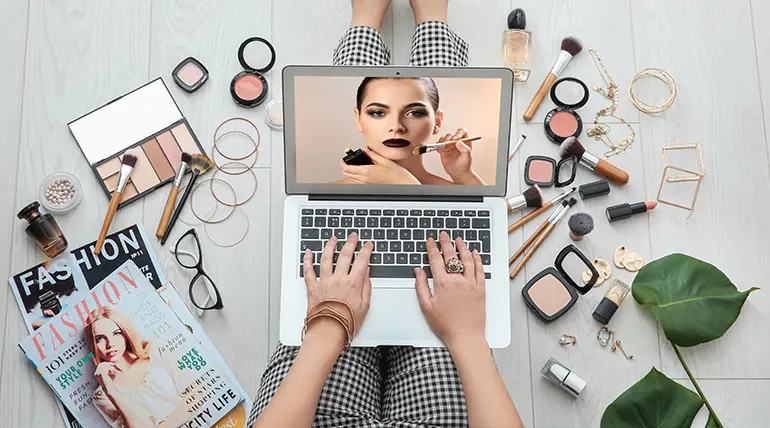
The way we discover and try on products is also being revolutionized. Virtual and augmented reality (VR/AR) are bridging the gap between online and in-store shopping, making the experience more interactive and risk-free.
A. Virtual Try-On: Forget swatching shades on your hand. AR-powered virtual try-on features allow you to instantly see how a lipstick, eyeshadow, or even a foundation shade will look on your face. Using your phone’s camera, the technology overlays the product onto your face in real-time, providing a realistic preview without the need for physical testers. This is a game-changer for online makeup shopping, boosting consumer confidence and reducing returns.
B. Personalized Consultations with AR: Many brands are using AR to offer virtual consultations with a “beauty advisor.” A user can get personalized recommendations and tips, and the advisor can demonstrate techniques or product applications right on the user’s virtual face. This combines the convenience of online shopping with the personalized touch of an in-store expert.
C. The Future of the “Smart Mirror”: Imagine a mirror that analyzes your skin every morning, tracks your progress over time, and recommends adjustments to your routine based on factors like weather or pollution levels. These “smart mirrors” are no longer just a sci-fi concept; they are being developed and tested, promising a future where your beauty regimen is a constant, data-driven conversation with your skin.
Sustainability and Transparency: Technology’s Role
Beyond personalization and effectiveness, technology is also helping to make the beauty industry more sustainable and transparent.
A. Ingredient Tracking and Supply Chain: Blockchain technology is being explored to create a transparent and secure record of a product’s journey, from its raw ingredients to the finished product. This allows consumers to verify the ethical sourcing and authenticity of the products they buy, combating counterfeit goods and promoting fair labor practices.
B. Waste Reduction: Custom-formulation technology helps reduce waste by producing exactly what a customer needs, eliminating the overproduction of generic products that may not sell. Some companies are also using refillable packaging and smart dispensers that track usage and automatically reorder products, minimizing both product and packaging waste.
C. The Environmental Impact of AI: While AI is a powerful tool, its use requires significant energy for data processing. As the industry becomes more reliant on AI for personalized recommendations and analysis, there is a growing conversation about how to make these processes more energy-efficient and minimize their carbon footprint.
The fusion of beauty and technology is not just about new gadgets; it’s about a fundamental shift toward a more intelligent, personalized, and responsible industry. From tailored skincare to interactive shopping, these innovations are empowering consumers and creating a future where beauty is more accessible, effective, and uniquely yours.


